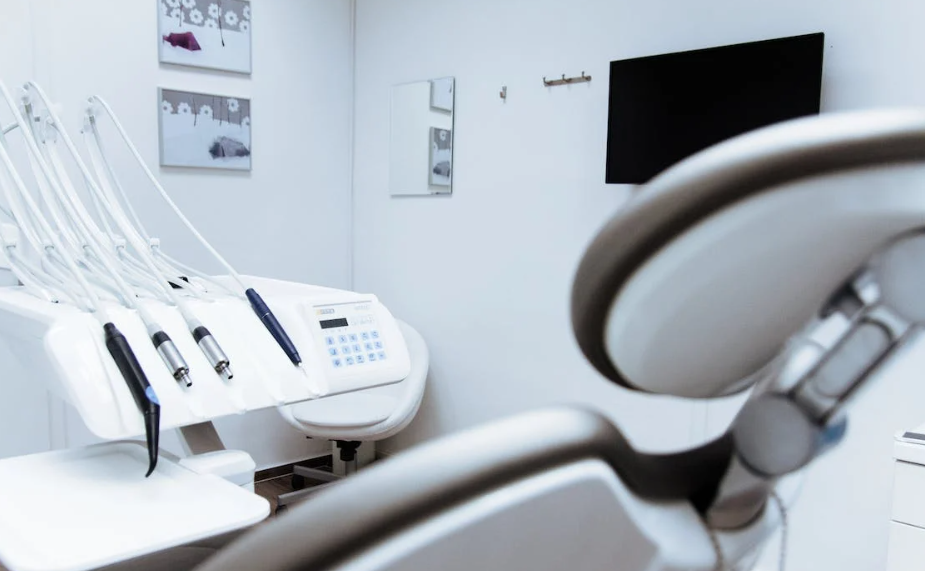
Don’t Do These 5 Things When You Go for Dental Implants in Vietnam
- By : Albert Hunt
- Category : Health

It is crucial that anybody considering dental implants in Vietnam learn as much as they can about the procedure and the factors that might affect the result. We’ve compiled a list of five typical blunders that might wreck your procedure for dental implants in Vietnam.
Ignoring Your Options
The process of getting dental implants in Vietnam is time-consuming but ultimately profitable, so it’s important to weigh all of your alternatives before making a final selection. For help navigating your choices for dental implants in Vietnam, it’s crucial that you consult with our knowledgeable staff.
It’s your mouth, and what you decide will determine how happy you are. We’ve found that patients who ask questions tend to be more satisfied with their care.
Not Sharing Your Health History
Today, there are so many implant types and sizes that almost anybody may be a candidate. A dentist can typically modify the process so that it works for you even if you’re missing teeth or have little jaw bone structure. However, results might be negatively impacted under specific circumstances. You should inform your dentist right once if you have any medical conditions that might have an impact on your mouth or teeth.
Having any of these issues does not automatically rule out receiving implants; rather, it means that your dentist will need to make adjustments to the process. It is imperative that you discuss all of these topics at your first assessment for dental implants in Vietnam in order to prevent future complications.
Failure to Disclose Problems Quickly
It’s normal to experience some pain and discomfort after getting implants. Even more so, you may anticipate considerable bleeding and edema, particularly in the first few hours following surgery. These problems, however, should disappear within a few days following dental implants in Vietnam. If you’re still in pain or bleeding, don’t hope the problem will go away on its own. It’s crucial that you get in touch with the dentist’s office right away for more guidance.
Even if complications arise, they may not be very serious, such as a sinus infection that causes the implants to loosen. On the other hand, certain situations might be far more serious, such as an allergy to the metals utilized in the implant. It’s always a good idea to see a dentist regardless of the symptoms you’re experiencing.
Cutting Corners on Resting Time
We realize that patients’ schedules are full and that it isn’t always possible for them to take time from work, normal activities, and family responsibilities to visit dental implants in Vietnam. It’s important to take our advice seriously, especially when it comes to resuming an active lifestyle, even if you’re itching to go back to your old routine. Sutures are especially susceptible to damage in the first few days after dental implants in Vietnam, making injury and major trauma dangers.
Working with a dentist for your dental implants in Vietnam to determine when you may safely return to certain activities can aid in your speedy recovery. When resuming physical activity, low-impact exercises like walking and yoga are preferable to high-impact ones like running and tennis since they provide less risk of injury. Keep in mind that your body is still recovering, so it’s best to start doing things again gradually.
Giving Up on Good Dental Hygiene
Sustaining proper oral hygiene practices throughout time is crucial for the health of your implants. A healthy mouth and smile may be maintained for years with regular brushing and flossing. Nail biting, eating ice, and using your teeth as tools are all things to avoid since they put too much pressure on your implants and may cause them to fail. Dental implants in Vietnam may survive longer in people who practice regular oral care because they continue to operate like natural teeth.
No Comments